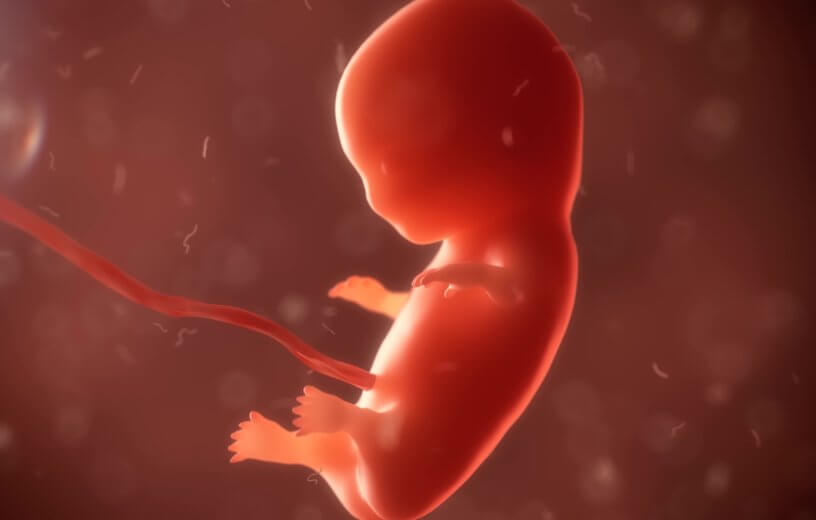MANHASSET, N. Y. — If you could choose your potential child’s height, IQ, and hair color, would you? The prospect of “designer babies” has been discussed for years now, both in legitimate scientific communities and as the topic of numerous science fiction stories, perhaps most notably in the 1997 motion picture Gattaca.
Despite the fact that some fertilization clinics have already started to advertise embryo-screening options that supposedly increase prospective parents’ chances of having a child with their preferred traits, a new study finds that contemporary genetic technology is just not advanced enough to accurately perform such a function — at least for the foreseeable future.
The whole idea sounds farfetched, but embryo testing for possible inheritable disease-causing mutations is fairly common, and even encouraged, before in vitro fertilizations. With this in mind, the notion of testing embryos for more complex traits, like height or intelligence, isn’t all that ridiculous. However, it’s important to understand just how complex these genetic machinations are; each person’s unique traits, from the color of their eyes to the size of their appendages, are determined by the actions of hundreds, if not thousands, of genes.
The recent emergence of polygenic scores, which provide an individualized score of genetic risks and predispositions, has jumpstarted the discussion surrounding designer babies. The general idea is that if the concept of polygenic scores can be applied to in vitro fertilization (IVF) embryos, it would be possible for parents to pick and choose traits for their child. It’s a fascinating idea that has some scientific weight to it, but up until now there had been absolutely no research conducted to verify its legitimacy.
So, a team of researchers from the Feinstein Institutes for Medical Research, in collaboration with the Hebrew University of Jerusalem, set out to test the validity of this theory.
“The notion that you could accurately choose your child’s height or select for a higher IQ, like in the movie ‘Gattaca,’ has never been tested,” says co-corresponding author Dr. Todd Lencz, professor in the Institute of Behavioral Science at the Feinstein Institutes, in a statement. “Through our research, we can confidently say that trait predictions for embryos based on polygenic scores are not very accurate.”
Under the guise of a hypothetical IVF cycle, the research team investigated the potential accuracy of embryo selection for height and IQ. They used three separate sources of data to measure trait selection efficiency: a mathematically-derived genetic model, simulated embryo genomes, and a real-life dataset consisting of families who had a large number of children (an average of 10) who are now fully grown adults with available data on genetics and traits.
After finishing their extensive analysis, the study’s authors found a polygenic score approach to selecting traits could hardly be considered accurate. For example, analyzed children who had the highest polygenic scores, and thus should have been the tallest in their families, only turned out to be the tallest among their siblings in a quarter of analyzed families.
“Dr. Lencz’s study adds important data highlighting the unreliability of trait selection by current methods of embryo genetic screening,” comments Dr. Kevin J. Tracey, president and CEO of the Feinstein Institutes.
Of course, besides the nuts and bolts of how to produce designer babies, there are also ethical and legal aspects of the topic to consider as well. Even if genetic technology advances to the point of pinpoint trait selection accuracy, there is certainly an argument to be had that some aspects of reproduction should be left up to fate. The research team hope that their findings can help shed some concrete scientific light on the validity of the topic, and hope their study is considered by both the general public and policymakers moving forward.
The study is published in the scientific journal Cell.
